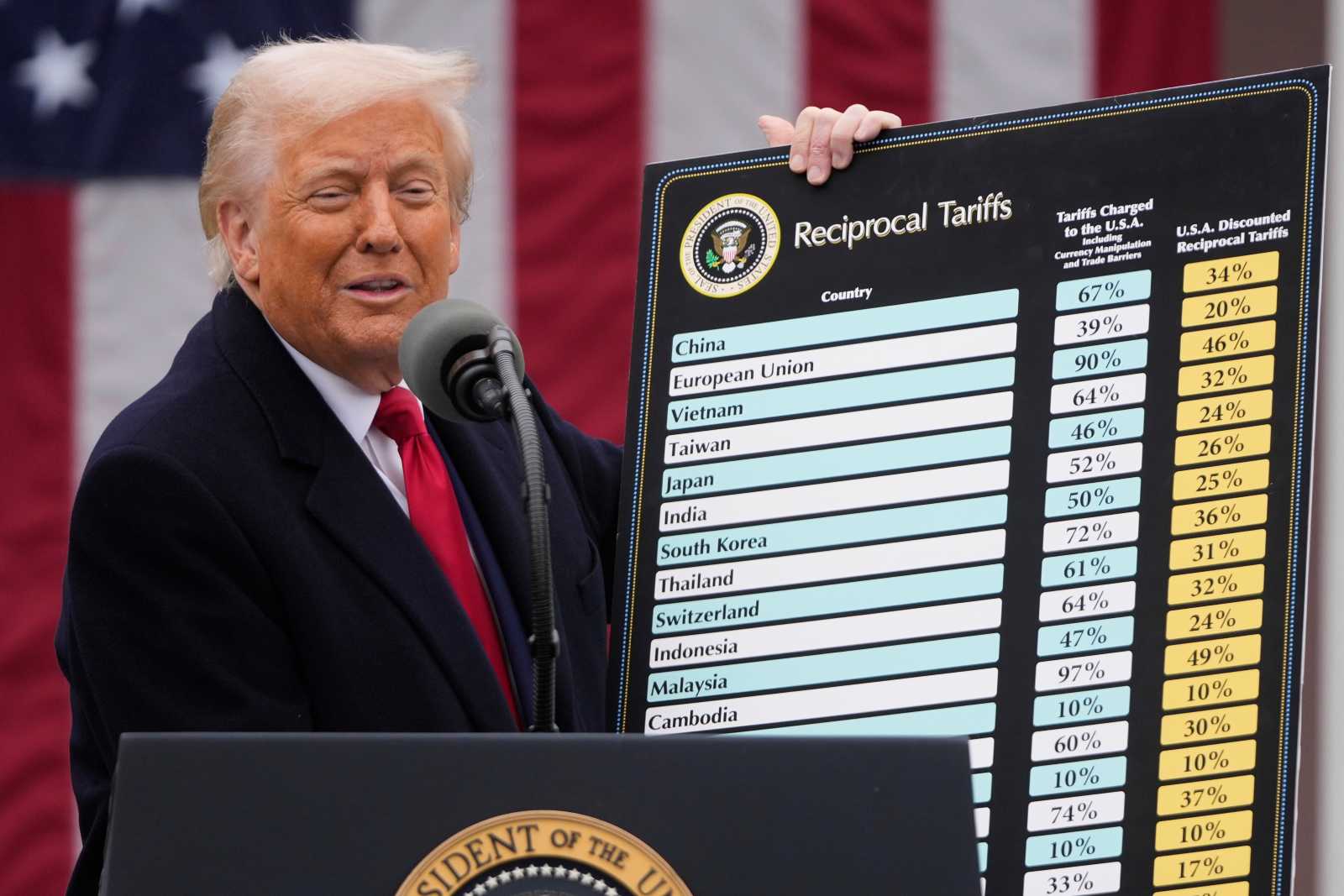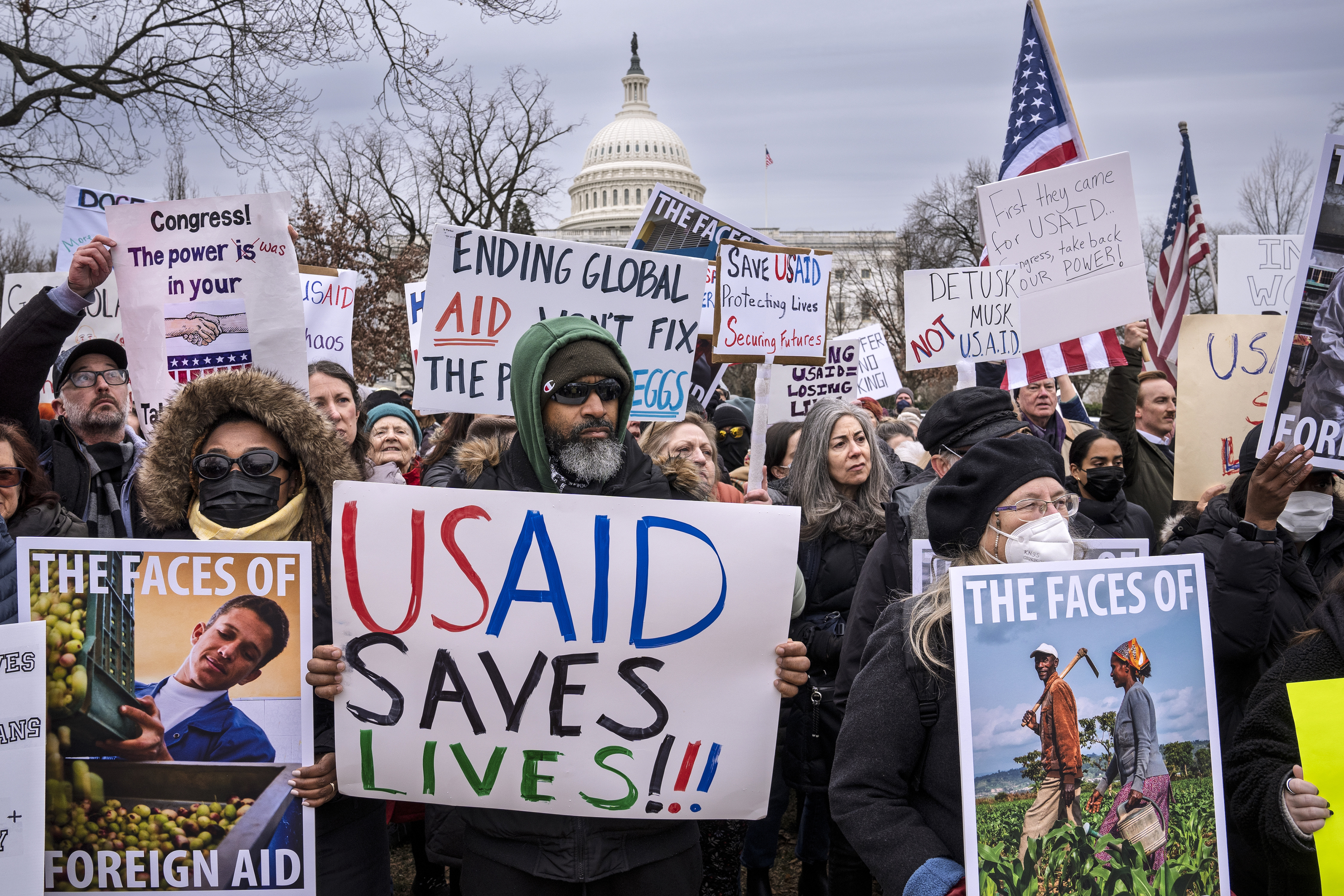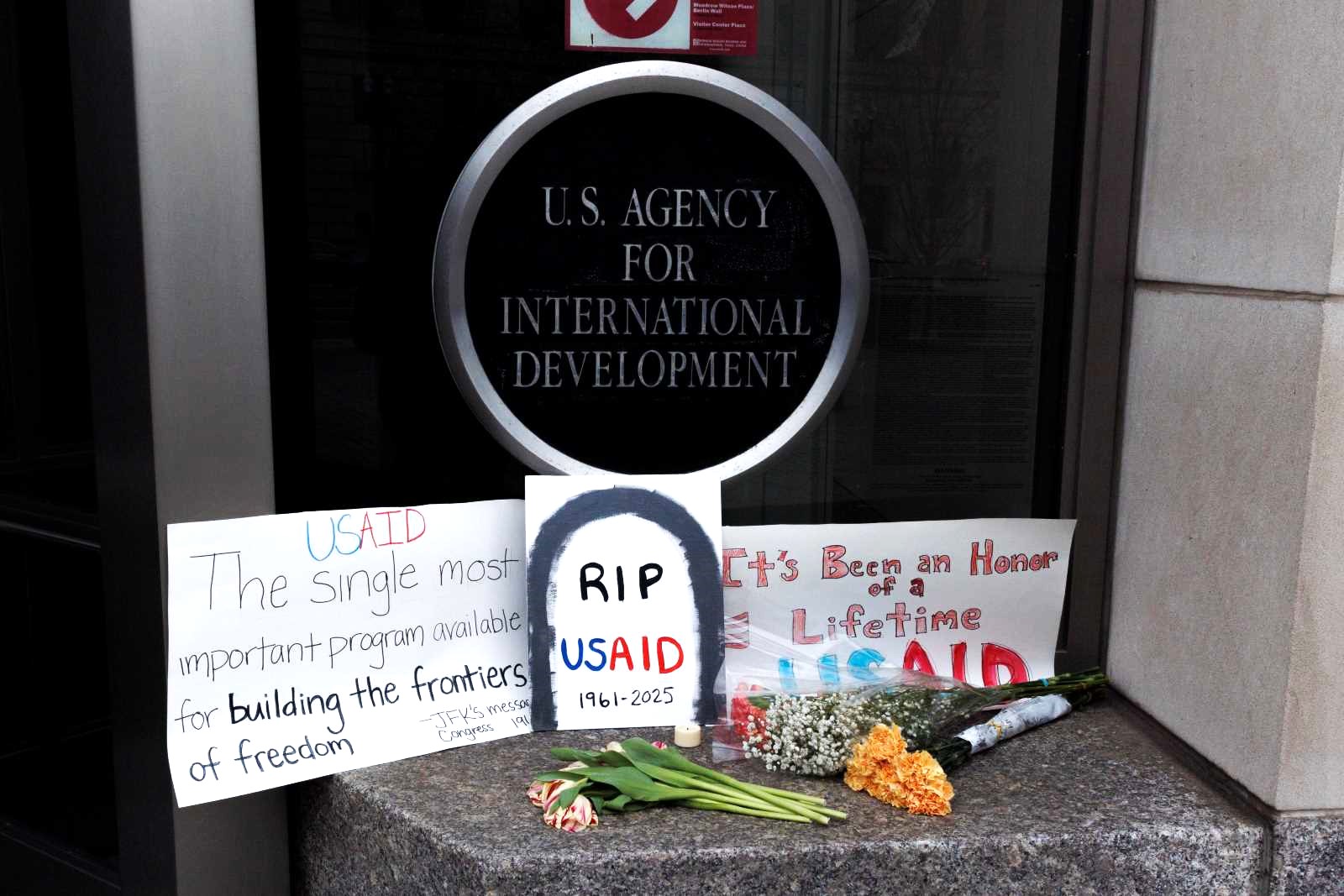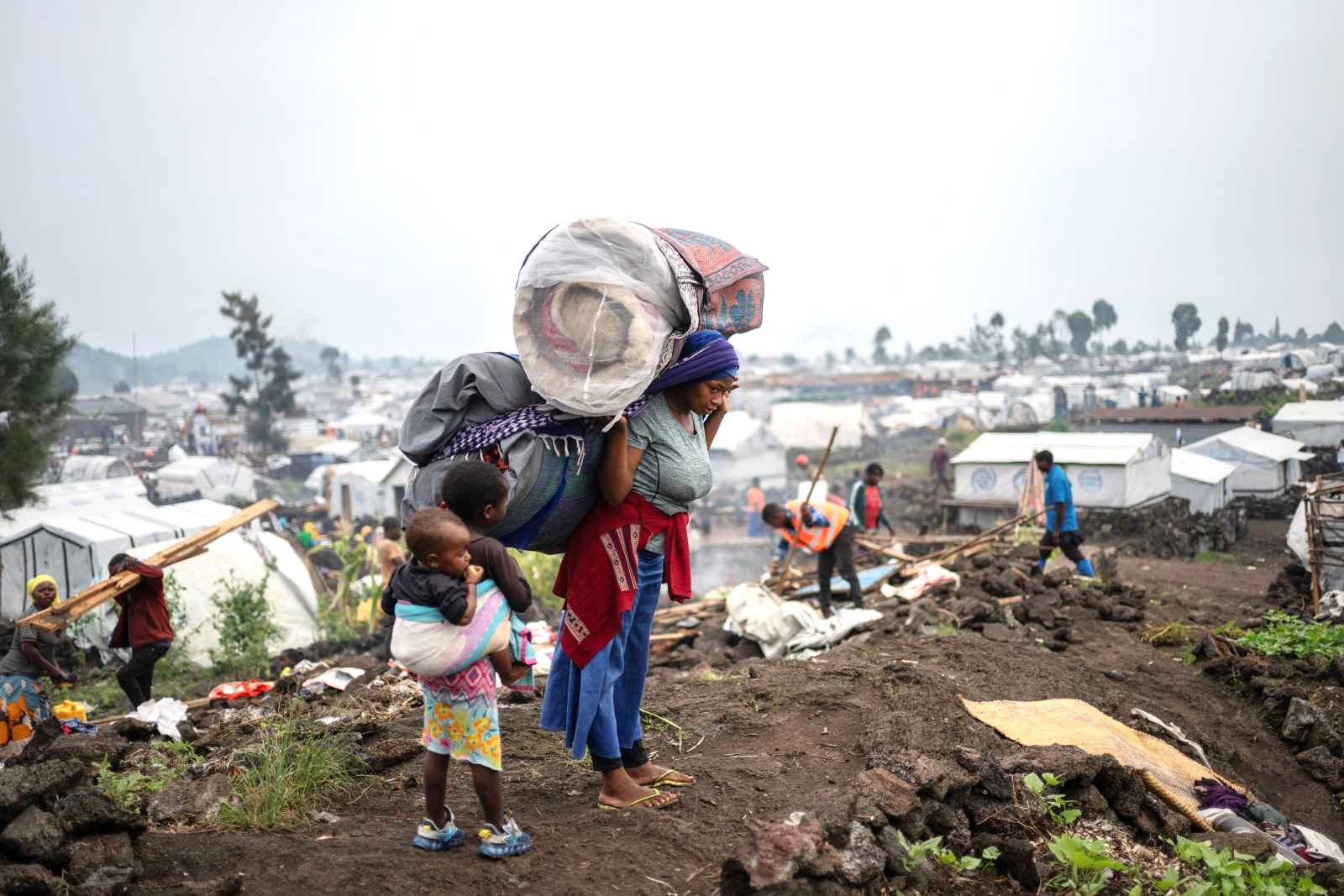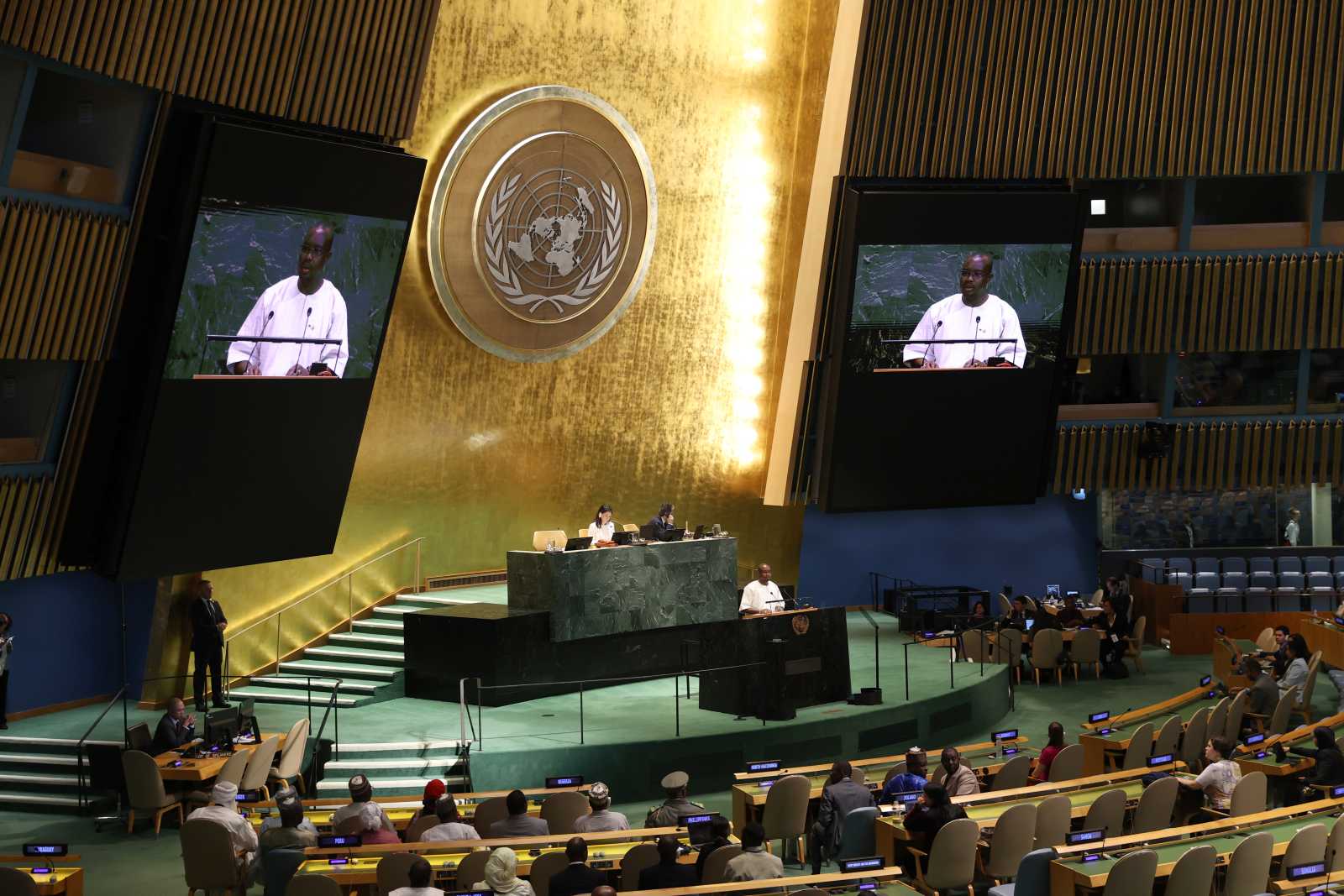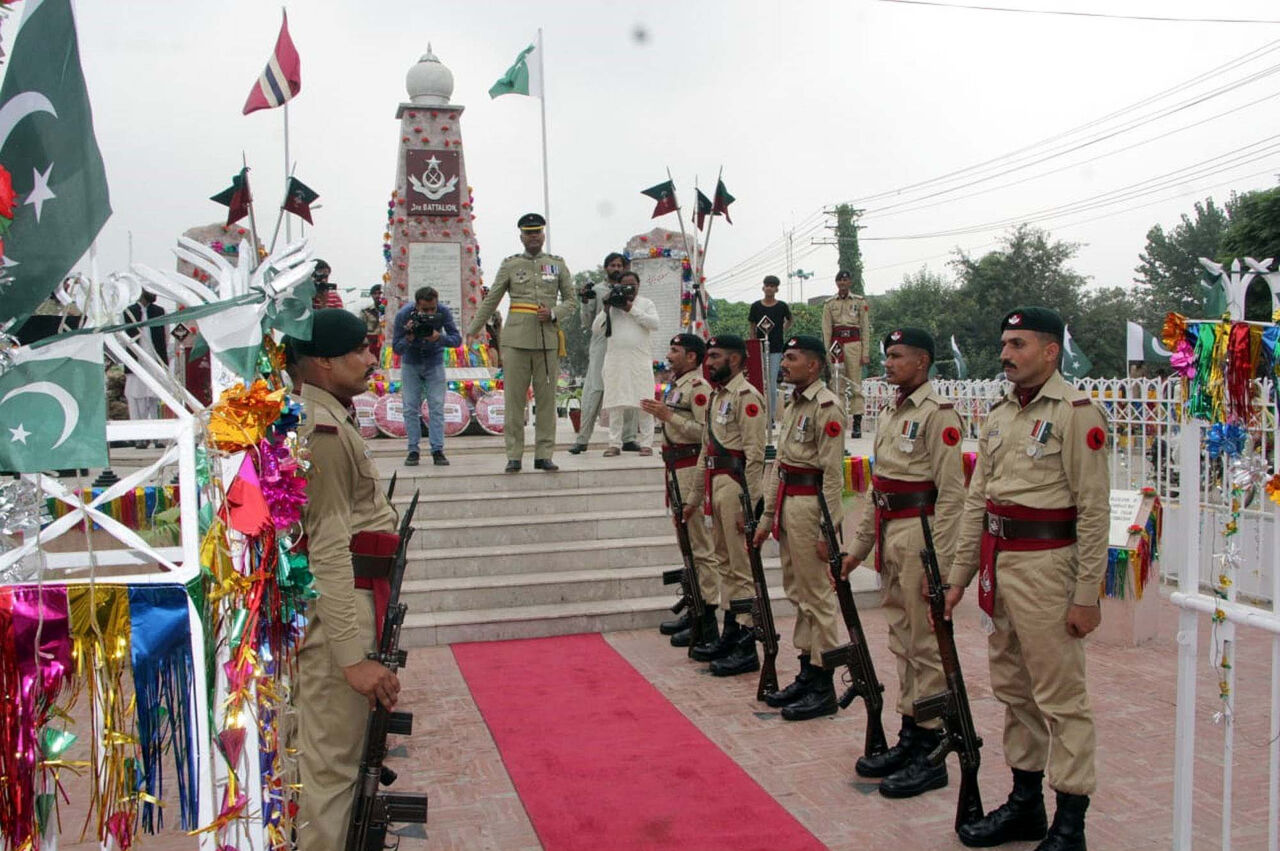International Relations
Africa does not flinch before Trump
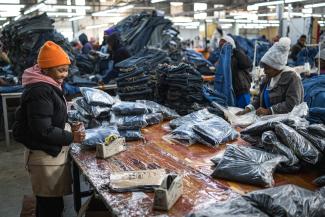
South Africa, Africa’s largest economy, has been hit with a 30 % tariff on its exports to the US – its third-largest trading partner after China and the EU – and is restructuring its economy to combat the impact of those tariffs. The African economic giant is trying to negotiate a better deal with reduced tariffs, but it has also intensified its search for alternative markets in Japan, Vietnam, India, Thailand, the rest of Asia and the Middle East. “This is not a plan B; it is a plan A for long-term resilience and competitiveness,” a government statement issued on 12 August 2025 noted. “(…) We are pursuing these markets because we see growing demand, existing negotiations and a positive reception to South African products.”
The tariff negotiations were preceded by months of diplomatic rows. One of the most explosive issues was a US programme aimed at granting asylum to white South Africans, citing concerns about a new land reform law in South Africa. Trump’s directive presented the law as a human rights issue for Afrikaners, while the programme has been regarded as a racially motivated external interference in South Africa. Momentous in this context was the meeting between South African President Cyril Ramaphosa and Trump at the White House in May, where Trump confronted Ramaphosa with unfounded accusations of genocide against white South Africans. Some of the images Trump shoved under Ramaphosa’s nose actually showed funerals in the Democratic Republic of the Congo (DRC).
“State of national disaster”
Lesotho, one of the countries for which the highest tariff rate for African countries of 50 % was announced in April before it was reduced to 15 % on 31 July, had to declare an unprecedented two-year “state of national disaster” in order to reorganise its economy. Its textile industry, which employs nearly 90 % of people in industrial jobs, was disrupted as most US orders were frozen due to the expected high prices.
Trade Minister Mokhethi Shelile said that 12,000 jobs were at stake. An estimated 33,000 people are employed in the textile sector, with some data putting the figure at 40,000. Regardless of which figure is accurate, the loss of 30 to 36 % of workers in the largest employment sector is catastrophic for such a poor country, where half of the approximately 2.3 million inhabitants live below the poverty line and nearly 30 % of people are already unemployed.
But instead of playing the pity card, the government has used the declared state of emergency to implement measures to stabilise the economy and curb job losses, possibly even creating new jobs in construction and agriculture. Lesotho is also keen to use the African Continental Free Trade Area (AfCFTA) to increase exports to other countries in Africa, but also to Asia and Europe, according to Shelile.
“The world is a big place”
Nigeria, Africa’s second-largest economy in terms of purchasing power parity, which mainly sells oil, fertiliser and cocoa to the US, has not yet reacted. The country is subject to a 15% tariff and is closely watching the US’s moves regarding the upcoming but unlikely extension of the Africa Growth and Opportunity Act (AGOA), the tariff exemption programme that has kept trade between the US and Africa going for the past 25 years. The AGOA expires on 30 September 2025 unless it is extended by the Congress before then.
Jumoke Oduwole, Minister of Industry, Trade and Investment, explained that Nigeria is diversifying its export market to Brazil, Japan, China and the United Arab Emirates, all of which already have trade partnerships with the West African country. “The world is a big place,” she told CNN in early August when the tariffs came into effect, promoting more intra-African trade through the AfCFTA, which aims to turn the continent into a single market of more than 1.4 billion people across 54 countries.
There has been no continent-wide response so far, but Wamkele Mene, Secretary General of the AfCFTA, stated on business news channel CNBC that African leaders should use the combined market size to negotiate better terms with the US. However, other experts told the Institute of Security Studies in South Africa that attempting to reach a joint agreement with 54 countries, each with its own interests and local political realities, was “idealistic” and that the development of the AfCFTA was more productive.
Minerals for peace
They have a point. For example, the DRC, Africa’s second-largest country, which was handed a 15 % tariff, did not publicly oppose the tariffs. However, it did publicly ask for US intervention to end the decades-long conflict in the country, offering lucrative mineral deals in return. For the DRC, which has already received billions in investment from China, the US-backed peace process and the associated support for President Félix Tshisekedi’s regime, as well as further billions in investment in mining, are more urgent than rebelling against US tariffs.
Somaliland, the semi-autonomous region in Somalia, operates in a similar deal-based manner. Somaliland has offered the US trade, military and diplomatic cooperation in return for official recognition as a state. Somalia is angered by these flirtations, but ultimately has more pressing problems to deal with – such as the lack of security, economic stability and development.
Rwanda appears to have accepted the basic tariff rate of 10 % and has not publicly opposed it. Instead, like Eswatini, South Sudan and Uganda, it has offered to help resettle people who have been deported from the US. The BBC reported that these deportees arriving in Rwanda will come with unspecified financial grants, but the details are unclear. It is unlikely that countries accepting deportees from the US, for example to ensure the continuation of US visas, would participate in continent-wide resistance to the tariffs.
But ultimately, that doesn’t really matter, because Africa has enormous potential to diversify its export markets, secure better terms and focus on expanding intra-African trade through the AfCFTA in order to drive development, create jobs and boost its economies. Now could be the best time to kick-start things.
Alphonce Shiundu is a Kenyan journalist, editor and fact-checker.
shiunduonline@gmail.com
X: @Shiundu

